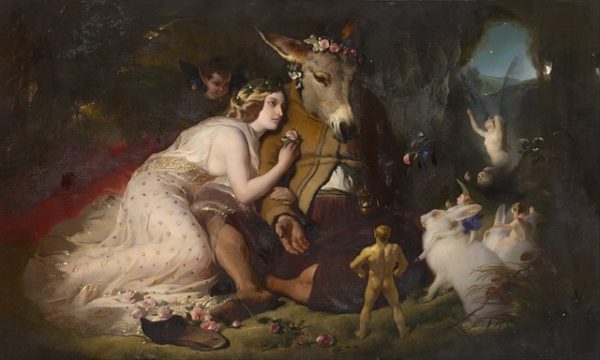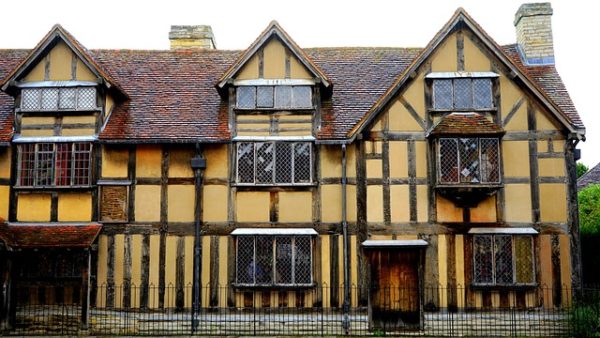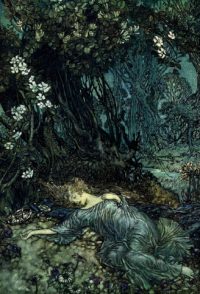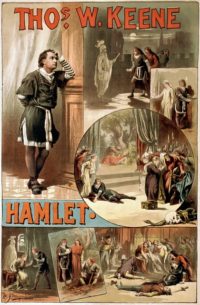Project Description
This link allows a search for Shakespeare quotations under any emotional theme. Press link here
You could create a conversation with your child or your Reminiscence Group to reflect on what is meant by a word or quotation.
I found these when I searched under Love:
Hear my soul speak. Of the very instant that I saw you, Did my heart fly at your service.
Love to faults is always blind, always is to joy inclined. Lawless, winged and unconfined, and breaks all chains from every mind.
My bounty is as boundless as the sea,
My love as deep; the more I give to thee,
The more I have, for both are infinite.
Love that we cannot have is the one that lasts the longest, hurts the deepest, but feels the strongest.
[The Tempest- Act 3, Scene 1]
Jealousy
O, beware, my lord, of jealousy;
It is the green-eyed monster which doth mock
The meat it feeds on; that cuckold lives in bliss
Who, certain of his fate, loves not his wronger.
Othello (Act 3 scene 3)
Look here
Discuss these quotes, which I acquired from the above site, and maybe even learn a few. Have some fun and see when you can next interject these into conversation with those who won’t think this pretentious!
Hamlet
Neither a borrower nor a lender be;
For loan oft loses both itself and friend,
(Don’t borrow or lend money, or you may lose both the money and the friend.)
Frailty, thy name is woman!
(This quote signifies betrayal by a woman.)
Brevity is the soul of wit.
(Be brief while speaking, if you want to be witty.)
To thine own self be true
(Be true to yourself – only then can you be true to others.)
To be, or not to be: that is the question:
Thus conscience does make cowards of us all;
(Our conscience – and the consequent fear of the hereafter – pre-vents us from taking certain actions, thus turning us into cowards.)
Rich gifts wax poor when givers prove unkind.
(An expensive gift given by an unkind person loses its charm.)
When sorrows come, they come not single spies,
But in battalions.
(Tragic events seem to come together, all at once.)
One may smile, and smile, and be a villain.
[Look beneath appearances.]
Romeo and Juliet
What’s in a name? That which we call a rose
By any other word would smell as sweet.
(A name is not important.)
Wisely and slow; they stumble that run fast.
(Similar to ‘Slow and steady wins the race.)
Twelfth Night
Be not afraid of greatness: some
are born great, some achieve greatness, and some
have greatness thrust upon ’em.
If music be the food of love, play on;
Give me excess of it, that, surfeiting,
The appetite may sicken, and so die.
(When a person is given excess of a certain thing, he loses his desire for
it.)
As You Like It
How bitter a thing it is to look into happiness through another man’s eyes!
(Envy: We are rarely truly happy at another man’s success.)
All the world’s a stage,And all the men and women merely players.
(The world is a stage, and people are actors playing a part.)
Time is the justice that examines all offenders.
(Everyone gets their due with time. A wrong deed will not go unpunished.)
All’s Well That Ends Well
Love all, trust a few
Do wrong to none:
Our remedies oft in ourselves do lie.
All’s well that ends well:
(This line signifies a rejection of fate. We are responsible for our future.)
Othello
How poor are they that have not patience!
What wound did ever heal but by degrees?
(Those who don’t have patience are poor. Even a wound heals slowly.)
The Winter’s Tale
What’s gone and what’s past help
Should be past grief
(If you have lost something, and there is nothing you can do to get it back, there is no point in getting upset or grieving about it.)
The Merchant of Venice
All that glitters is not gold.
(Similar to “Don’t judge a book by its cover.” Things aren’t what they appear to be.)
Julius Caesar
Et tu, Brute? Then fall, Caesar
(This is one of the most popular lines of this play, and it signifies betrayal of a close friend.)
Measure for Measure
Our doubts are traitors and make us lose the good we might win, by fearing to attempt.
(Doubt is an enemy of self as it breeds fear which stops potential good we could generate coming our way)
King Lear
How sharper than a serpent’s tooth it is to have a thankless child!
(A thankless child that does not love her parents causes them tremendous grief.)
Nothing can come of nothing.
(Effort: If you want something, you have to put in effort. If you don’t, you will get nothing.)
Much Ado About Nothing
There’s not one wise man among twenty will praise himself.
(Fools praise themselves. Wise men are modest.)
This site shows you how Shakespeare’s plays can be accessible to primary age children with simple summaries of the plays. The link to Macbeth shows you there is a series of his plays arranged to simplify Shakespeare’s accessibility to younger people and many adults!
“All the world’s a stage”
BY WILLIAM SHAKESPEARE
(from As You Like It, spoken by Jaques)All the world’s a stage,And all the men and women merely players;They have their exits and their entrances;And one man in his time plays many parts,His acts being seven ages. At first the infant,Mewling and puking in the nurse’s arms;And then the whining school boy, with his satchelAnd shining morning face, creeping like snailUnwillingly to school. And then the lover,Sighing like furnace, with a woeful balladMade to his mistress’ eyebrow. Then a soldier,Full of strange oaths, and bearded like the pard,Jealous in honour, sudden and quick in quarrel,Seeking the bubble reputationEven in the cannon’s mouth. And then the justice,In fair round belly with good capon lin’d,With eyes severe and beard of formal cut,Full of wise saws and modern instances;And so he plays his part. The sixth age shiftsInto the lean and slipper’d pantaloon,With spectacles on nose and pouch on side;His youthful hose, well sav’d, a world too wideFor his shrunk shank; and his big manly voice,Turning again toward childish treble, pipesAnd whistles in his sound. Last scene of all,That ends this strange eventful history,Is second childishness and mere oblivion;Sans teeth, sans eyes, sans taste, sans everything.









